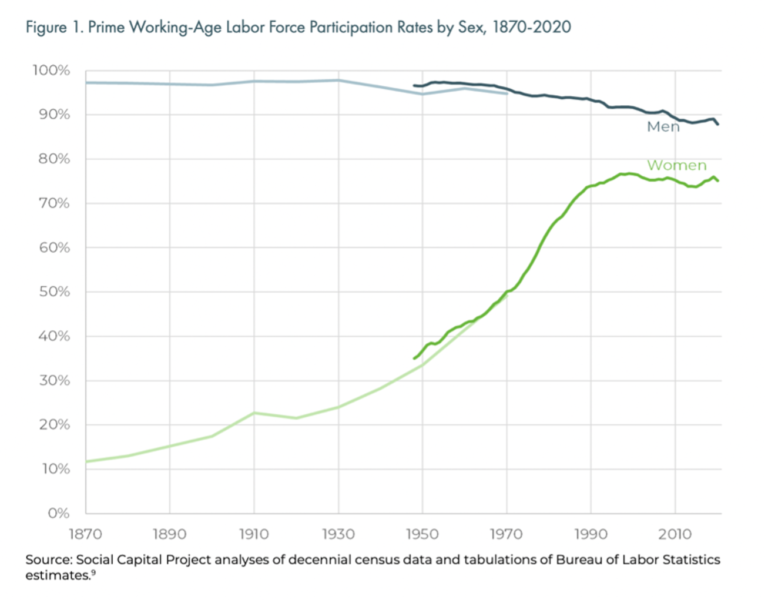Tarren Bragdon explains for the Washington Examiner why much of the country could benefit from a perusal of Wisconsin’s welfare reform ideas.
In the 1990s, Wisconsin recognized the devastating consequences of generations of families living on welfare and being trapped in poverty. So, then-Gov. Tommy Thompson, a Republican, sought new ways to motivate people by making welfare benefits contingent on work and limiting the amount of time someone could remain trapped on welfare. The result? Welfare rolls plummeted, people went to work, and they climbed out of poverty.
These results inspired the bipartisan federal welfare reform in 1996. Congress established work requirements for non-disabled adults without children on food stamps and the results were similar. Food stamp enrollment for this group dropped dramatically and millions went back to work.
But today, this proven work requirement does not apply to parents on food stamps or to any of the able-bodied adults receiving Medicaid or public housing assistance.
Walker is trying to change that.
As part of his executive budget, Walker is proposing an expansion of work requirements to able-bodied adults with school-age children on food stamps. In addition, he calls for extending these work requirements to childless adults on Medicaid and pursuing a pilot program to implement work requirement for able-bodied adults in public housing.
Walker’s reforms would counteract a wave of increased dependency and poverty. These work requirements would reinforce the idea that, to interrupt the generational cycle of poverty, able-bodied parents need to model work and not dependence.
Research published by the Foundation for Government Accountability found that after more than 40,000 childless adults on food stamps were faced with work requirements, record numbers went to work, their average incomes doubled and their income gains more than offset their lost welfare benefits.


